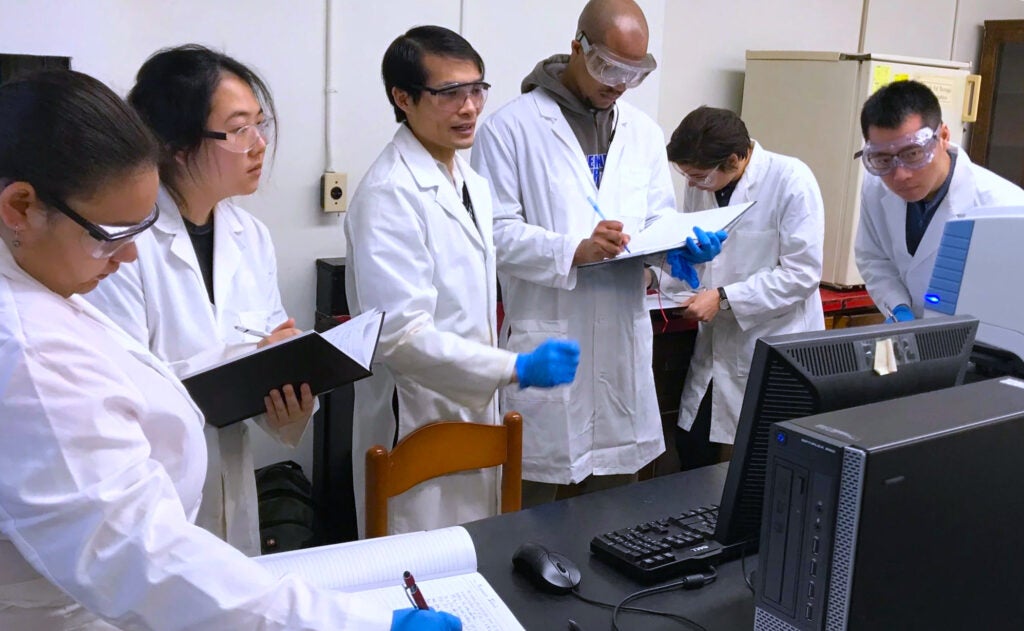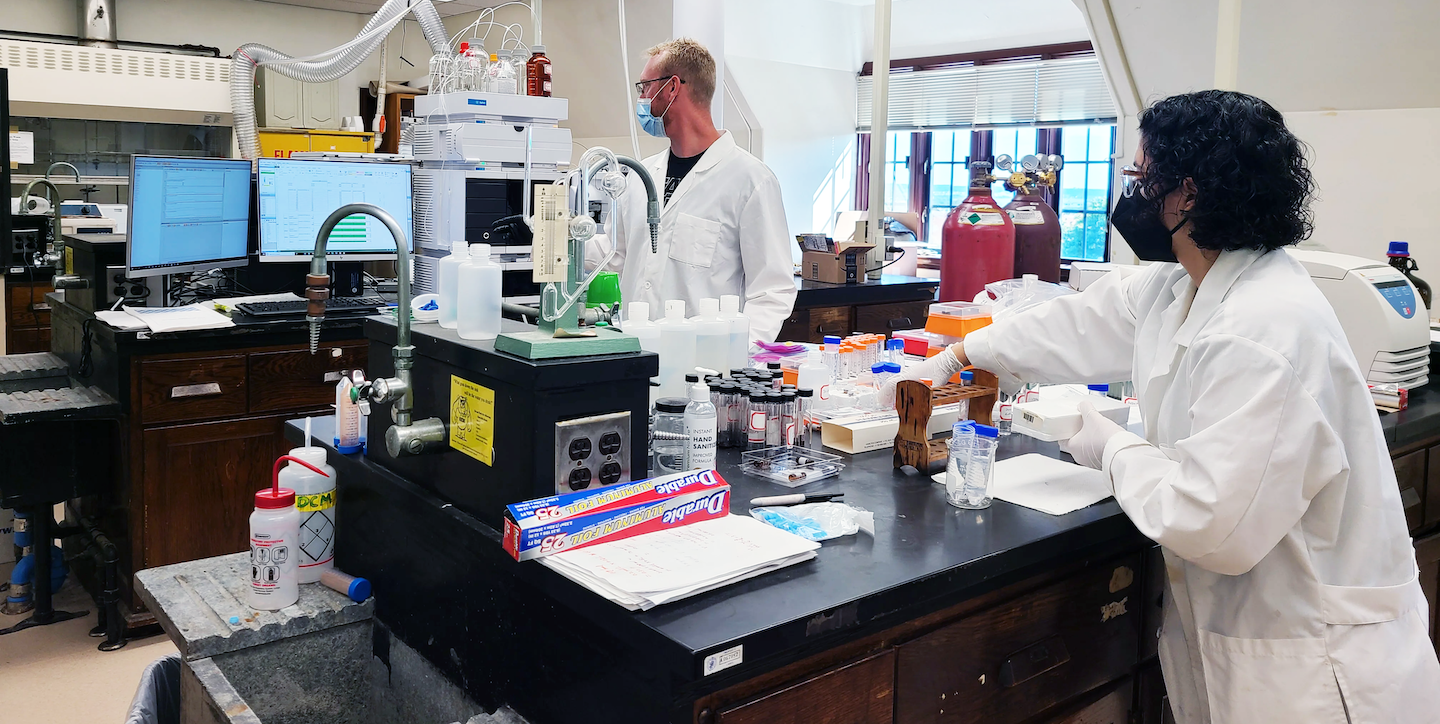
Drive Environmental Protection Through Evidence-Based Solutions
Request InformationLead the Way as a Next-Generation Environmental Leader
The Master of Science in Environmental Metrology and Policy emphasizes expertise in identifying and assessing health and ecological risks through precise, standardized measurement of pollutants and application of AI-enabled new approach methods. With a scientific and evidence-based interdisciplinary curriculum, you’ll learn to formulate regulatory frameworks and effective strategies for environmental policymaking and regulatory governance. This is more than just an Environmental Science Master’s program. Explore various subjects including environmental science, machine learning & artificial intelligence, epidemiology, economics, toxicology & new approach methods, human health & ecological risk assessment, environmental justice, climate change, government, ethics and regulatory affairs. Join us in building a cleaner, safer and more sustainable future for generations to come.
What is Metrology?
At its core, metrology is the science of measurement. You can only regulate or reduce pollution if you can measure it. Our program at Georgetown equips you with the skills to use metrology to address pressing environmental issues. We want you to become proficient in identifying and quantifying accurate and reliable legacy and emerging environmental pollutants so that impactful environmental policies can be crafted based on the soundest scientific evidence. This enhances the well-being of our planet. Together, we can work to solve the challenges posed by worsening chemical pollution that is further aggravated by climate change through the power of metrology.
Video link: https://youtu.be/pi62vTY9Jxc
Application Deadlines for Fall Enrollment
January 15 | Priority Consideration Deadline
April 1 | Final Deadline
Experience Holistic Environmental Training

The curriculum combines scientific expertise, policy acumen and an unwavering commitment to environmental stewardship. Through comprehensive training in environmental science, you’ll gain hands-on experience with cutting-edge instrumentation and learn to analyze complex data sets. Engage in cross-disciplinary research, collaborate with experts and develop a holistic understanding of the interactions between humans and the environment.
Our program is designed with you in mind. All lecture courses and lab requirements are scheduled after working hours so you can choose to enroll on a full- or part-time basis. Students also join us from a wide range of backgrounds – you don’t need to be an established scientist to succeed. Our free summer chemistry bootcamp provides a strong foundation so you can successfully transition into the program.

“I found that the diversity of student backgrounds in my cohort only strengthened my education and enthusiasm to learn. I never thought of myself as a scientist, but the program opened a whole new world of career possibilities for me.”
Hanna Hidle, M.S. ’21
Partnering to Build a Strong Foundation for Success
Our faculty includes accomplished scholars, professors and partners from leading institutions, such as Agilent Technologies, the EPA, NIST and NOAA. Students not only have opportunities to collaborate closely with leaders in government and industry, but also benefit from access and networking opportunities due to our location in Washington, DC. Gain practical experience, connect with professional experts and help shape the future of environmental science and policy.

Agilent Technologies
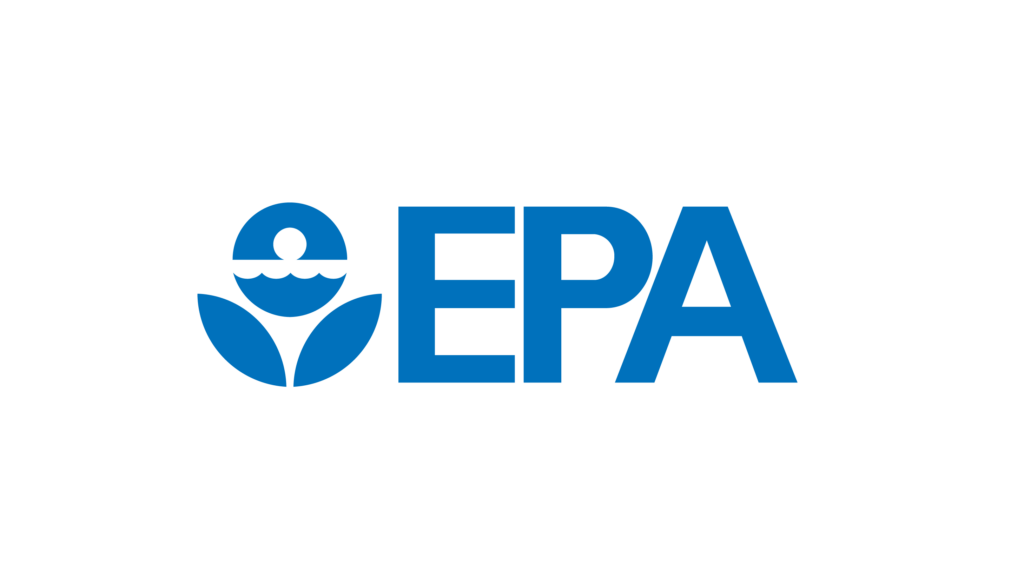
U.S. Environmental Protection Agency

National Institute of Standards and Technology
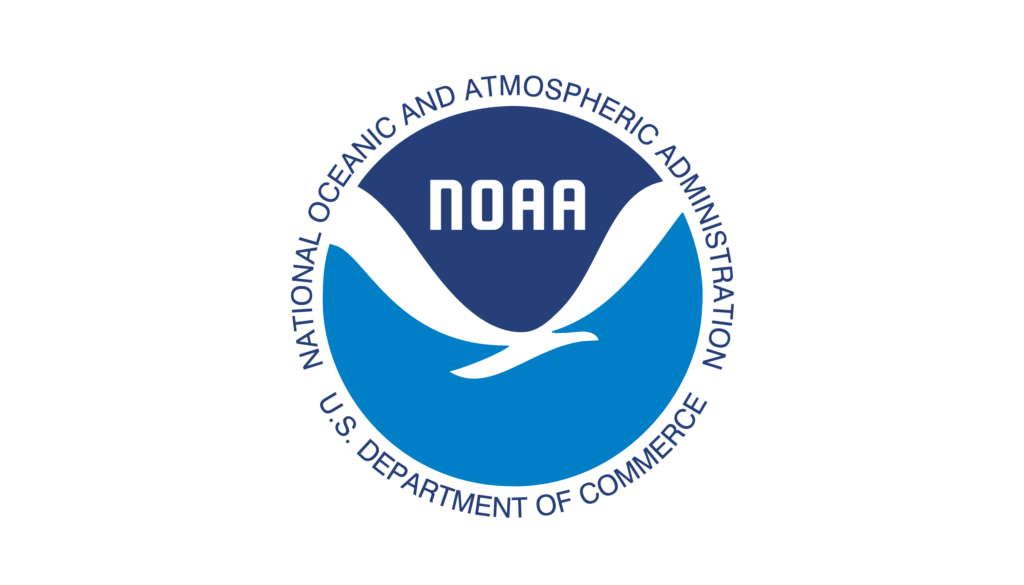
National Oceanic and Atmospheric Administration
Merge Cutting-Edge Research & Immersive Learning
Our program-dedicated, state-of-the-art Agilent Environmental Metrology Lab is equipped with a collection of powerful, research-grade instruments. Our students use the lab to embark on independent research projects leading to scholarly publications.
Recently, members of the program partnered with Earth Commons, an environmental institute at Georgetown, to utilize a specialized infrared microscope to detect and measure microplastic levels in rivers. Their fieldwork and lab analysis were done as part of a faculty-sponsored capstone project.
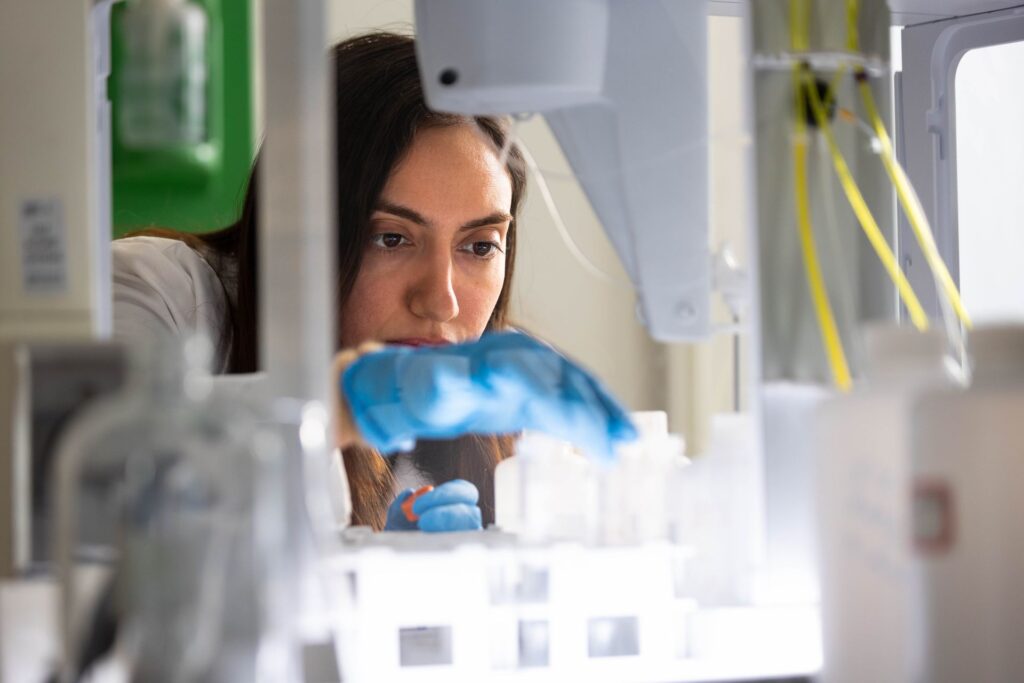
Embrace Diversity & Ignite New Ideas
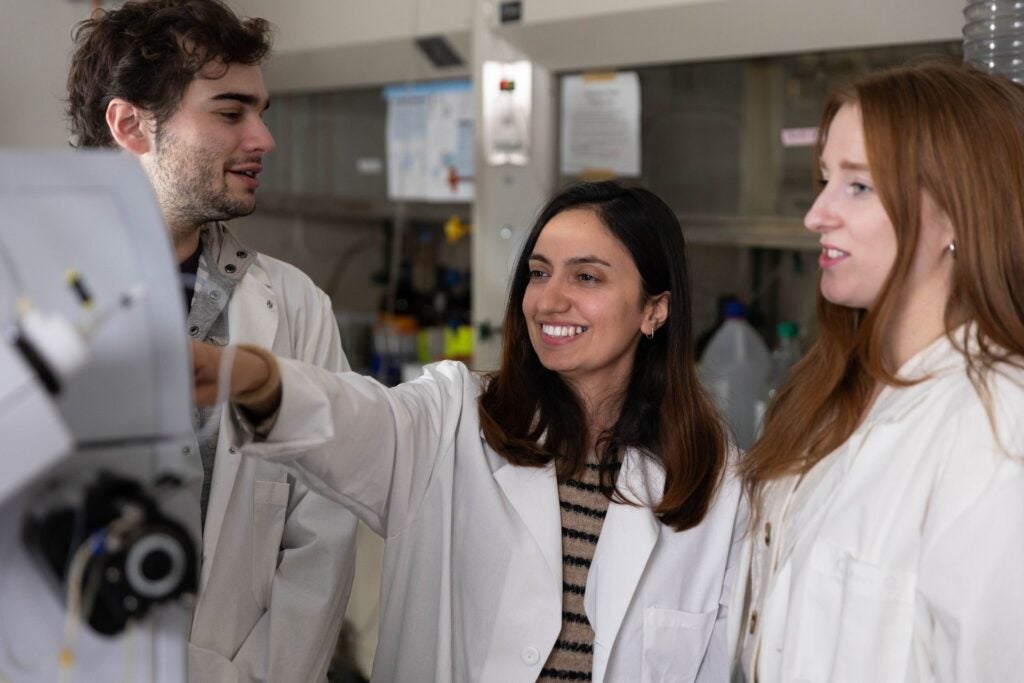
Our community is one of driven and diverse scholars and learners from varied backgrounds. We each bring unique personal and professional experiences, creating a dynamic learning environment. Together, we challenge ourselves to ignite new ideas and transcend boundaries, with the hope of making a positive impact on the world. Our program equips graduates with vital interdisciplinary skills so they will be ready to launch a career in government or the rapidly expanding private sector, where well-paid opportunities await experts who can bridge science, policy, governance, and regulatory compliance.
Helpful Resources
Request Information
Join us at Georgetown University and become part of a dynamic community dedicated to making a positive impact on the environment. Together, we can lead the way in environmental measurement, analysis and policy, driving sustainable practices and creating a better future for generations to come.
Thank you for your interest in this program. Please complete this form and we will contact you with more information.
